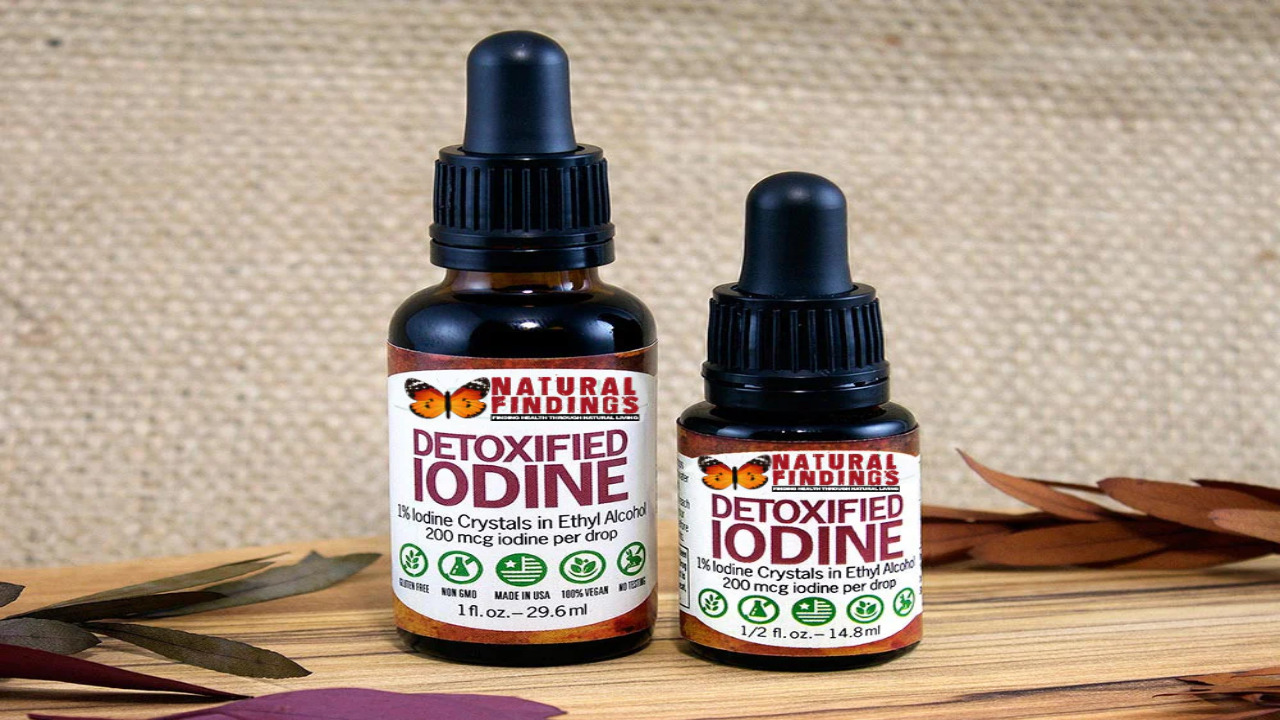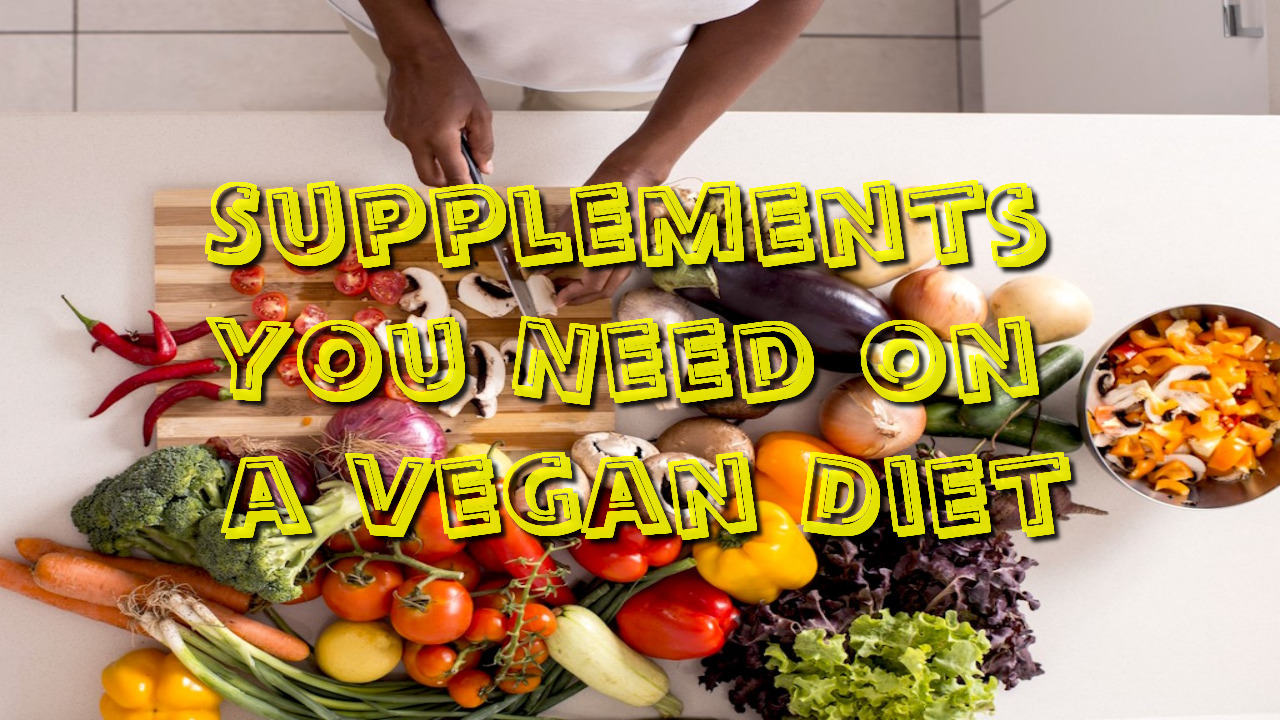The most common problem that many vegans face is the lack of vitamins and micronutrients necessary for the normal functioning of the body in their diet. Some of those who follow a vegan diet claim that plant-based foods are able to provide the human body with all the necessary micronutrients. Moreover, many adherents of this diet argue that when using plant-based foods, one should avoid taking supplements. However, despite these claims, a vegetarian diet without the use of supplements can do more harm than good. Below, let’s take a look at the main supplements that are a must in every vegetarian’s diet.
Vitamin B12

The main plant-based sources of vitamin B12 are mushrooms, spirulina, nori, and chlorella. It is important to note that these foods can only contain this vitamin if they are grown in soils with a high vitamin content. This vitamin is used for many processes in the human body, including the generation of red blood cells that transport oxygen to organs and tissues and protein metabolism. Deficiencies can cause anemia, damage to the nervous system and heart muscle, increased bone fragility, and infertility. Daily intake of vitamin B12 is 2.4 mg, but during pregnancy and lactation, the body needs 2.6 and 2.8 mcg of vitamin B12 per day, respectively.
Vitamin D

Vitamin D is a fat-soluble vitamin. It is used by the human body to speed up the absorption of trace elements such as phosphorus and calcium. In addition, this vitamin improves brain function, immunity, and mood and speeds up muscle recovery. The daily allowance for this substance is 15 mcg or 600 ME per day. During pregnancy and lactation, the body’s need for vitamin D increases to 20 mcg per day. However, according to some researchers, a person’s need for this vitamin is much higher than the recommended daily intake.
Omega-3

The main sources of omega-3 fatty acids that are of plant origin are nuts, soybeans, as well as flax, hemp, and chia seeds. However, the highest concentration of these acids is found in animal products such as oily fish. Theoretically, eating enough alpha-linolenic acid can help maintain normal levels of EPA and DHA. Numerous studies have shown that vegetarians have blood levels of EPA and DHA that are up to 50 percent lower than those of people who eat animal products.
Iodine

Iodine is one of the few trace elements that have a positive effect on the thyroid gland, which controls metabolism in the body. Lack of this substance in the mother’s body during pregnancy can lead to impaired brain development in children and increase the likelihood of mental retardation. Deficiency of this micronutrient in adults can cause hypothyroidism, accompanied by symptoms such as decreased energy, poor skin quality, obesity, impaired memory, and depression.
Acute iodine deficiency is most common in people who follow a vegetarian diet. The recommended daily intake of iodine is 150 mcg. However, for women during pregnancy and lactation, the recommended amount is increased to 220 and 290 mcg, respectively. There is a list of foods that always have high levels of iodine: iodized salt, iodine-enriched dairy products, seaweed, and seafood.
